Professor Nigel Bennett has been at the University of Pretoria (UP) for 26 years. He holds a BSc (Hons) in Zoology, which he obtained at Bristol University in the UK, and undertook his PhD studies at the University of Cape Town.
His research focus is animal physiology and behaviour using the African mole rat as his model animal. His work is directed primarily at studying the social regulation of reproduction in mole rats.
Prof Bennett’s research record ranks him among the best researchers studying social regulation of reproduction in any group of mammals in the world. He has investigated cooperative breeding in mammals from a variety of perspectives. This multi-faceted approach has led to an integrated understanding of reproductive suppression in mole rats of a type that has not been achieved for any other taxa. His research has set the benchmark for our understanding of phylogenetic and ecological constraints that regulate reproductive success and social evolution in mammalian species.
Prof Bennett has always been interested in why some organisms adopt a social lifestyle and others do not. As a young boy, he was fascinated by how wood ants worked for the common good of a queen. His interest in mole rats came about while he was an undergraduate at Bristol University, after he had read a seminal paper by scientist Jennifer Jarvis on cooperative breeding in the naked mole rat. Upon obtaining a position as a doctoral candidate, Prof Bennett wanted to see if this was a feature common to other African mole rats. He went on to study the Damaraland mole rat, and found it to have incredible social organisation similar to that of social insects and termites.
Prof Bennett is now the world leader in African mole rat biology, particularly in reproductive physiology. A research milestone for him was discovering that breeding female naked mole rats orchestrate non-breeding males and females in the colony to exhibit high prolactin levels. This inhibits the release of hormones that stimulate the development of reproductive activities in the gonads, as evidenced by a lack of follicular development in ovaries and a reduction in numbers and motile sperm in testes. Prolactin also results in individuals exhibiting helping behaviour and cooperative care of the young.
After nearly three decades of research on the reproduction of social African mole rats, Prof Bennett has not been able to determine how the breeding female actually inhibits reproduction in physiologically suppressed animals. This would be the magic bullet for potential contraception in humans.
He leads a research group that strives to unravel how social evolution arose in African mole rats – solving this puzzle has important implications as to how social evolution arose among hominids. Essentially, it comes down to food acquisition and protection from predators, which is a central theme in social evolution in most mammalian groups.
Two people influenced his career: Prof Brian Follett – who supervised Prof Bennett’s honours project and whose infectious enthusiasm for science and incredible lectures fired up Prof Bennett’s imagination – and Prof Jennifer Jarvis, who drove his passion to work on mole rats.
In 2021, Prof Bennett was made an honorary member of the American Society of Mammalogists, a title bestowed on fewer than 100 luminaries in a century. He has been a visiting professor at the School of Chemical and Biological Sciences at the University of London’s Queen Mary College since 2005. More recently, he was a visiting professor at the Department of Zoology at King Saud University in Saudi Arabia.
He is a member of the Academy of Science of South Africa, and a fellow of the Zoological Society of London, the Royal Society of South Africa and the African Academy of Sciences.
Prof Bennett was awarded the UP Chancellor’s Medal for his research on three occasions and has received the Exceptional Academic Achiever Award for the past 14 years. He was also the recipient of the Zoological Society of Southern Africa’s gold medal and received the Havenga Prize for outstanding contributions to Life Sciences, awarded by the Academy of Science and Arts of South Africa. UP awarded him the University of Pretoria Commemorative Research Medal for being one of the top 100 scientists in 100 years of its existence.
Prof Bennett has served as president of the Zoological Community of Southern Africa for two years. He is also editor-in-chief of the Journal of Zoology and a past editor of Proceedings of the Royal Society B: Biological Sciences. In 2013, he was the handling editor of Biology Letters, another Royal Society of London journal. He has published 433 papers in international peer-reviewed scientific journals, co-authored a specialist book published by Cambridge University Press and has penned 15 chapters in books.
In his spare time, Prof Bennett travels to different countries in Africa to explore the wildlife. He particularly enjoys visiting the mountain gorillas in Rwanda and Uganda, and the eastern lowland gorillas of the Democratic Republic of the Congo. He is also an avid collector of African art and frequently visits markets to add to his collection.
If he were not a researcher, Prof Bennett would have liked to have been a game warden in one of East Africa’s national parks to contribute to the protection of the incredible African fauna from poaching.
ORCID ID: 0000-0001-9748-2947
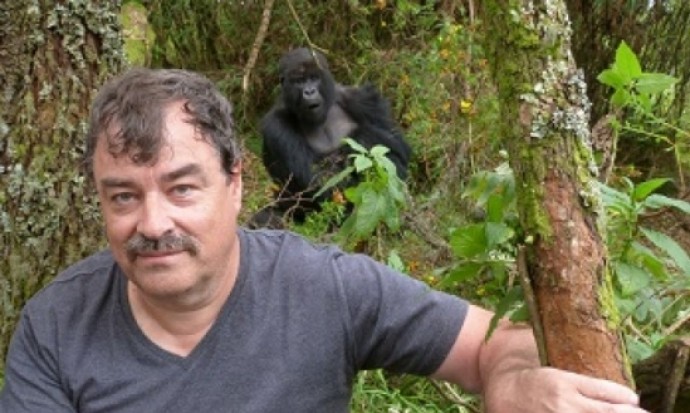
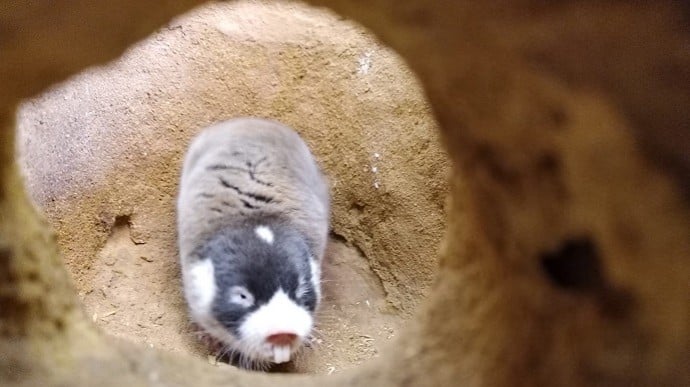 Story
Story
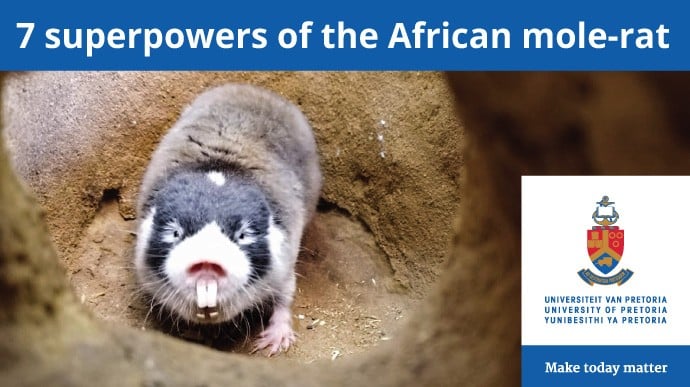 Infographic
Infographic
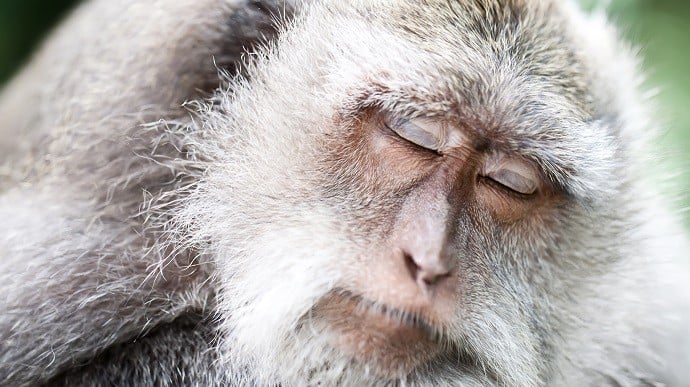 Story
Story
 Infographic
Infographic
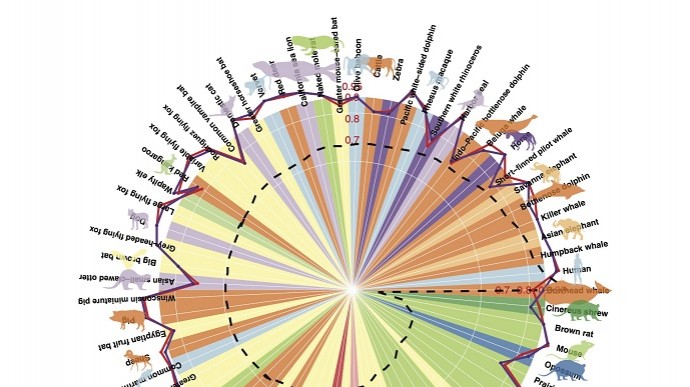 Photo
Photo
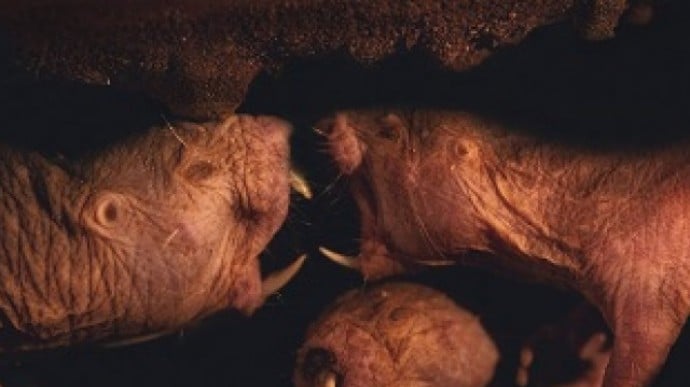 Story
Story
Get Social With Us
Download the UP Mobile App